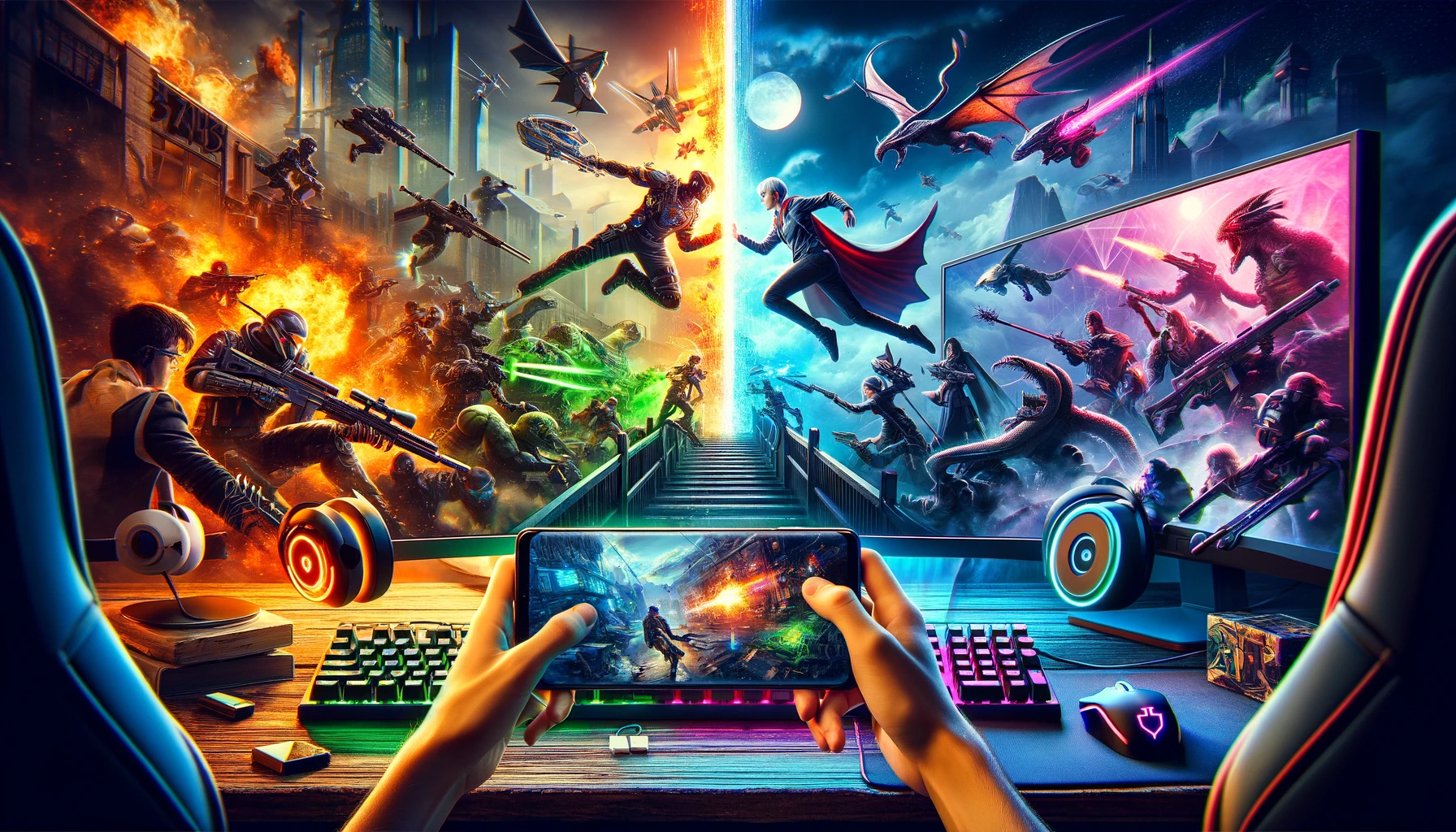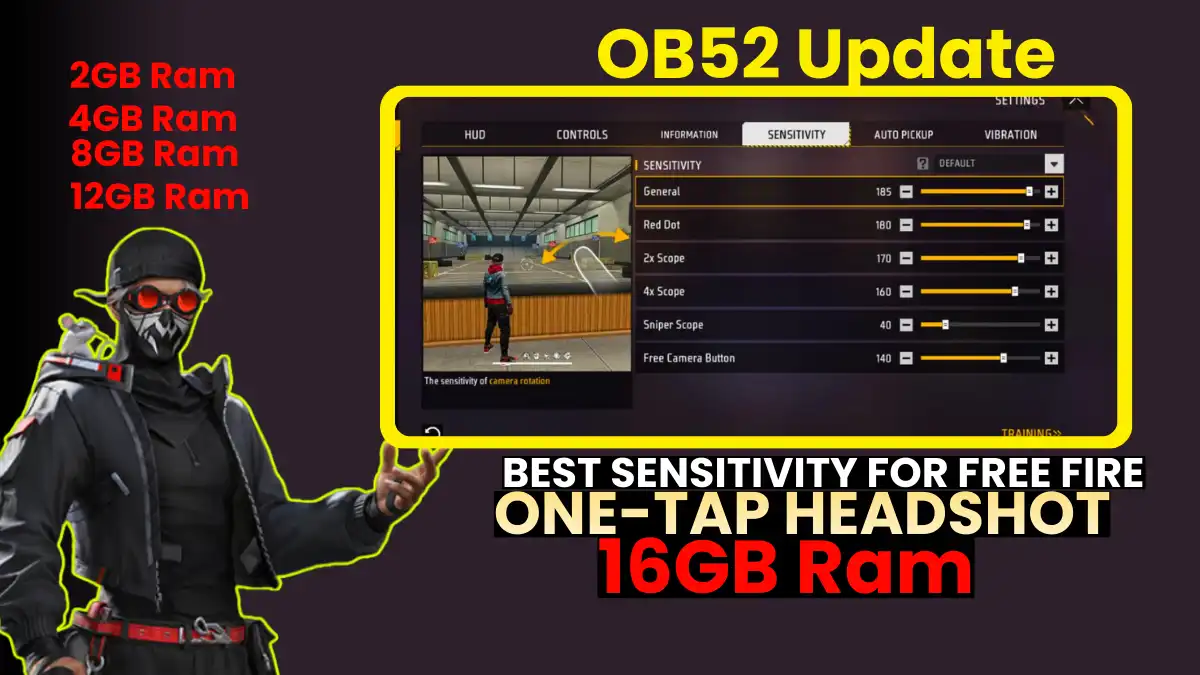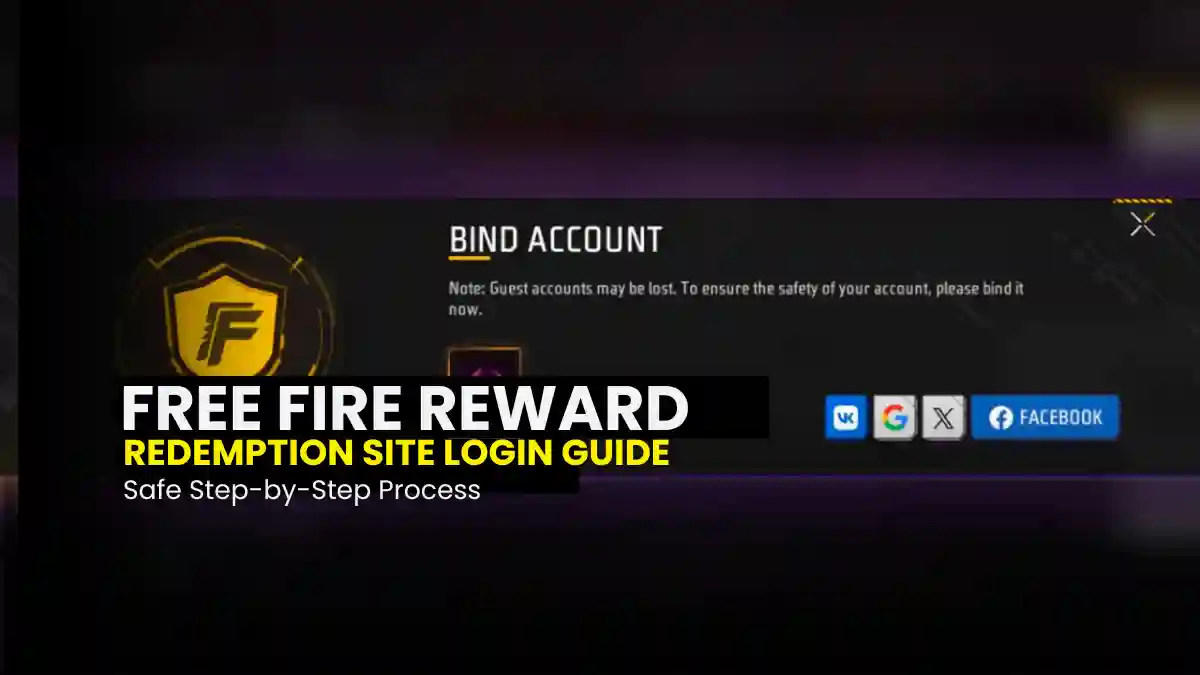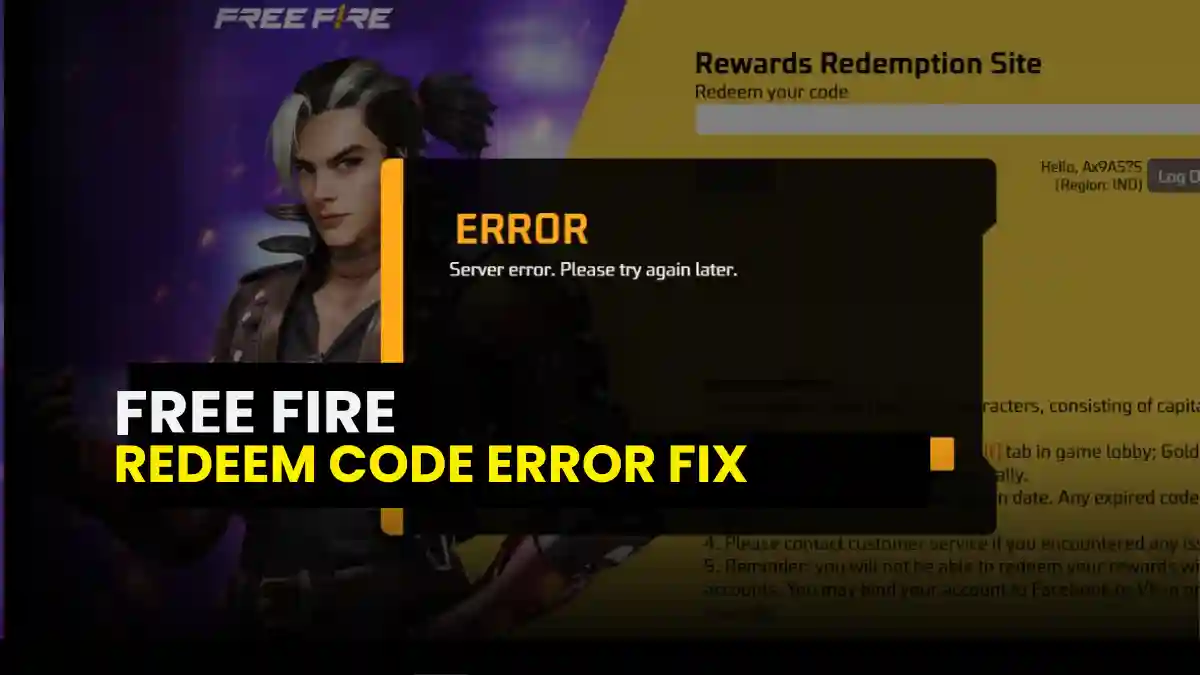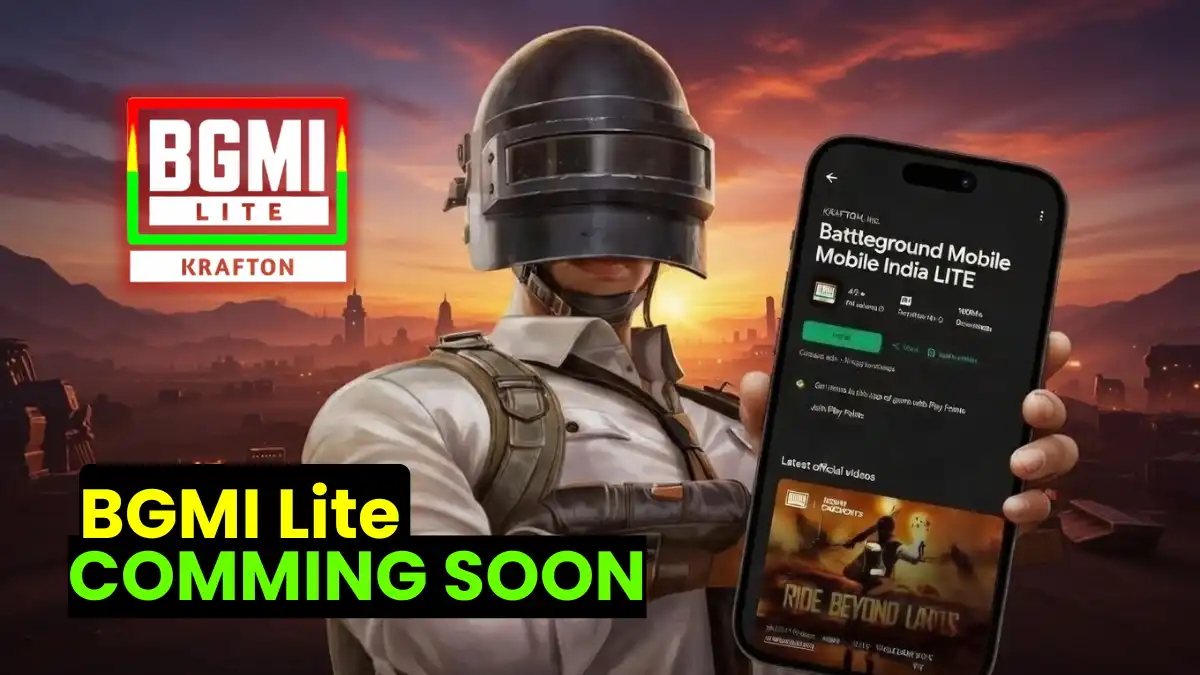The dream of becoming a professional gamer is more attainable today than ever before, with the eSports industry booming and competitive gaming becoming a viable career path. This guide aims to navigate beginners through the thrilling yet demanding journey from gaming enthusiasts to professional gamers, focusing on both PC and mobile platforms. Whether you are drawn to the strategic depth of PC games or the accessibility and innovation of mobile gaming, the path to professional gaming requires dedication, strategic planning, and continuous improvement.
1. Understanding the Professional Gaming Landscape
The professional gaming scene has evolved significantly over the last decade, with major tournaments now boasting multi-million dollar prize pools. eSports, encompassing competitive gaming at a professional level, features a wide range of games across various genres and platforms, including PC and mobile.
PC Gaming: The traditional powerhouse of eSports, PC gaming offers a wide array of genres, from first-person shooters (FPS) like “Counter-Strike: Global Offensive” to multiplayer online battle arenas (MOBA) such as “Dota 2” and “League of Legends.” The platform is known for its high skill ceiling, precision controls, and strategic depth.
Mobile Gaming: With the advent of powerful smartphones, mobile gaming has surged in popularity and legitimacy within the eSports world. Titles like “PUBG Mobile” and “Mobile Legends: Bang Bang” have established robust competitive scenes, especially in regions where mobile access surpasses PC availability.
While PC gaming is celebrated for its complexity and rich history, mobile gaming brings unparalleled accessibility, allowing a broader audience to partake in competitive gaming. Both platforms offer unique challenges and opportunities for aspiring professional gamers.
Read more Unleash the Beast: Top 10 Gaming Laptops 2024 for Hardcore Gamers.
2. Choosing Your Game
Selecting the right game is crucial for your journey to becoming a professional gamer. It should align with your interests, skills, and the potential for growth within its competitive scene.
- Identify Your Interests: Focus on games that you are genuinely passionate about. Long-term commitment and continuous improvement are easier when you’re deeply interested in the game.
- Research the Competitive Scene: Look for games with a well-established or rapidly growing professional scene. Consider factors like tournament support, prize pools, and community engagement.
- Consider Your Strengths: Some players excel in strategic thinking required in MOBAs, while others might have the reflexes and precision for FPS games. Choose a game that matches your natural strengths.
Top Games for Aspiring Pros:
- PC: “League of Legends” for MOBA enthusiasts, “Counter-Strike: Global Offensive” for those interested in team-based FPS, and “StarCraft II” for fans of real-time strategy games.
- Mobile: “PUBG Mobile” offers an expansive battle royale experience, while “Mobile Legends: Bang Bang” caters to MOBA players, and “Clash Royale” appeals to those looking for a unique blend of strategy and competition.
Choosing a game is the first step in your professional gaming career. It defines your path, the community you’ll engage with, and the skills you’ll develop and hone over time.
3. Setting Up Your Gaming Environment
An optimal gaming environment is crucial for advancing your skills and ensuring comfort during long gaming sessions.
PC Gaming Setup:
- Hardware Specifications: Invest in a powerful PC with a high-performance CPU, GPU, and sufficient RAM to ensure smooth gameplay. A fast refresh rate monitor can also significantly improve reaction times.
- Peripherals: High-quality peripherals such as a mechanical keyboard, a gaming mouse with adjustable DPI settings, and a large mousepad can enhance accuracy and comfort.
- Ergonomics: Your gaming chair and desk should support a comfortable posture to prevent strain and injury over long gaming sessions. Monitor height, keyboard placement, and wrist support are key factors to consider.
Mobile Gaming Setup:
- Choosing the Right Device: Opt for smartphones with high refresh rates and minimal touch latency. Consider battery life and overheating issues, which can impact performance during extended play.
- Accessories: External controllers, cooling pads, and dedicated gaming headphones can enhance gameplay and provide a competitive edge.
- Software Enhancements: Use game optimization apps to improve device performance and reduce lag. Customizable interfaces and button mappings can also improve control and reaction times.
General Tips:
- High-Speed Internet Connection: A reliable and fast internet connection is essential to minimize lag and ensure smooth gameplay for both PC and mobile games.
- Distraction-Free Environment: Create a dedicated gaming space free from distractions. Proper lighting and noise control can help maintain focus during competitive matches.
4. Developing Your Skills
Becoming a professional gamer requires continuous improvement and dedication. Here’s how to develop your gaming skills effectively:
- Structured Practice Schedule: Allocate specific times for practice, focusing on different aspects of the game. Include both solo practice and team play if applicable.
- Analytical Improvement: Review your gameplay footage to identify mistakes and areas for improvement. Watching professional gamers and analyzing their strategies can also provide valuable insights.
- Community Engagement: Join game-specific forums, Discord servers, and social media groups. Engaging with the community can offer tips, strategies, and opportunities to practice with better players.
- Specialized Training Tools: Utilize in-game training modes and third-party apps designed to improve specific skills, such as aiming in FPS games or last-hitting in MOBAs.
Key Takeaways:
- Consistency and discipline in practice sessions are more valuable than marathon gaming sessions.
- Physical well-being, including regular exercise, proper nutrition, and adequate rest, significantly impacts gaming performance.
- Mental resilience is essential. Learn from losses and view them as opportunities to improve.
5. Competing and Making Your Mark
Entering the competitive scene is a crucial step towards becoming a professional gamer.
- Start Local: Begin with online tournaments and local leagues to gain experience. Many platforms and communities host regular competitions for both PC and mobile games.
- Climbing the Ranks: Aim to consistently rank high in competitive ladders and matchmaking rankings. High rankings can attract attention from teams and sponsors.
- Building an Online Presence: Stream your gameplay on platforms like Twitch or YouTube. Use social media to share your achievements, thoughts on game strategy, and connect with fans and potential sponsors.
Key Takeaways:
- Early competitions provide invaluable experience and highlight areas for improvement.
- Building a following can open up opportunities for sponsorships, partnerships, and joining professional teams.
- Persistence and a positive attitude towards competition and community interaction are vital.
6. Networking and Professional Opportunities
Building a network within the gaming community can significantly accelerate your journey towards becoming a professional gamer.
- Joining Teams: Being part of a team not only provides a platform for competition but also offers opportunities for learning and personal growth. Look for teams that match your skill level and commitment.
- Use gaming forums, social media, and community websites to find teams looking for players.
- Participate in tryouts and showcase your skills and teamwork.
- Sponsorships and Partnerships: As you build a reputation and online presence, sponsors and partners can offer financial support and equipment.
- Maintain a professional online presence; sponsors look for gamers who can positively represent their brand.
- Engage with your followers regularly to build a loyal audience, making you more attractive to potential sponsors.
- Continuous Learning and Adaptation: The gaming world is ever-changing, with new games, strategies, and technologies emerging.
- Stay informed about the latest trends and updates in your chosen game and the broader gaming industry.
- Attend gaming expos, conventions, and tournaments to network with other gamers, learn from professionals, and discover new opportunities.
Key Takeaways:
- Networking is about building genuine relationships within the gaming community. Be respectful, supportive, and open to learning from others.
- A professional gamer’s career is not just about playing games but also about building a brand and managing relationships with teammates, sponsors, and the gaming community.
Conclusion
Embarking on the journey how to become a professional gamer is both exhilarating and demanding. It requires a blend of talent, hard work, strategic planning, and the ability to adapt to an ever-evolving landscape. From choosing the right game and setting up an optimal gaming environment to developing your skills, competing, and networking, every step is crucial in carving out your path in the professional gaming world.
Remember, success in professional gaming doesn’t happen overnight. It’s a journey marked by continuous learning, perseverance, and an unwavering passion for gaming. Embrace every challenge as an opportunity to grow and learn. Stay engaged with the gaming community, share your journey, and never lose sight of the joy that drew you to gaming in the first place.
As you forge your path towards professional gaming, keep in mind that the landscape is as vast and diverse as the games themselves. Whether your arena is on PC or mobile, the potential for achievement and fulfillment in the world of professional gaming is boundless. Here’s to your success in the competitive gaming arena!

